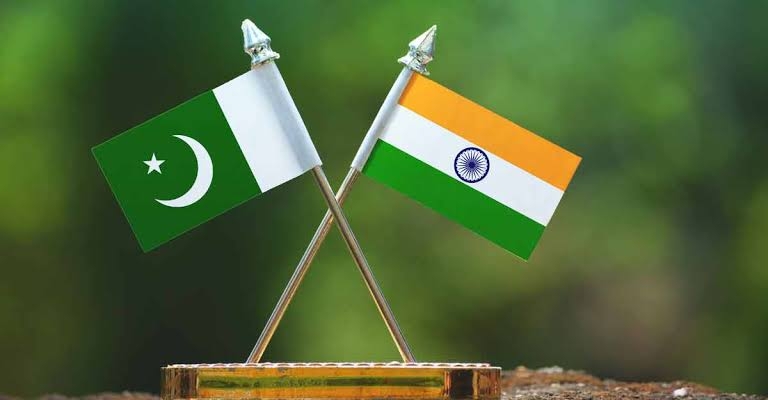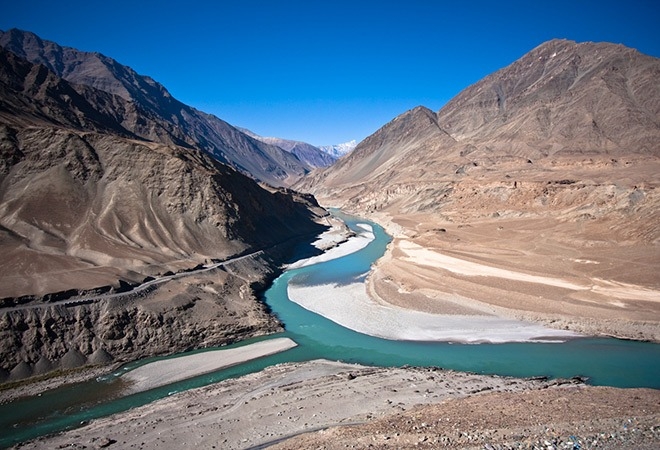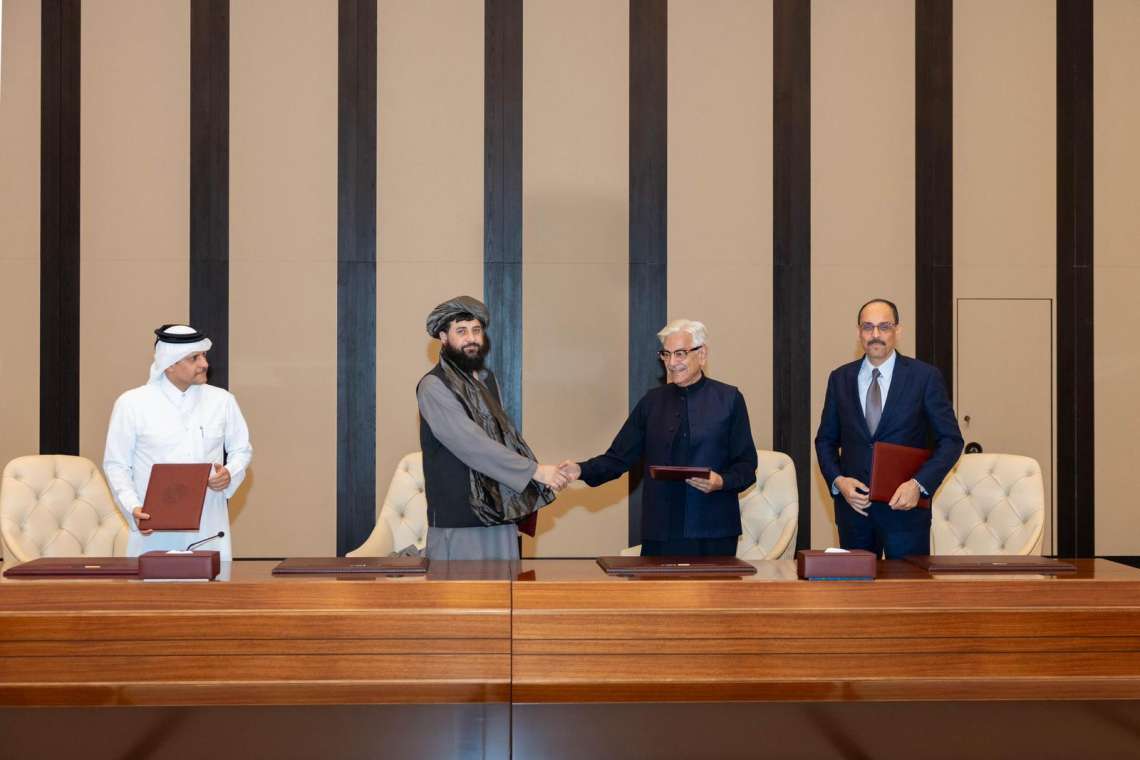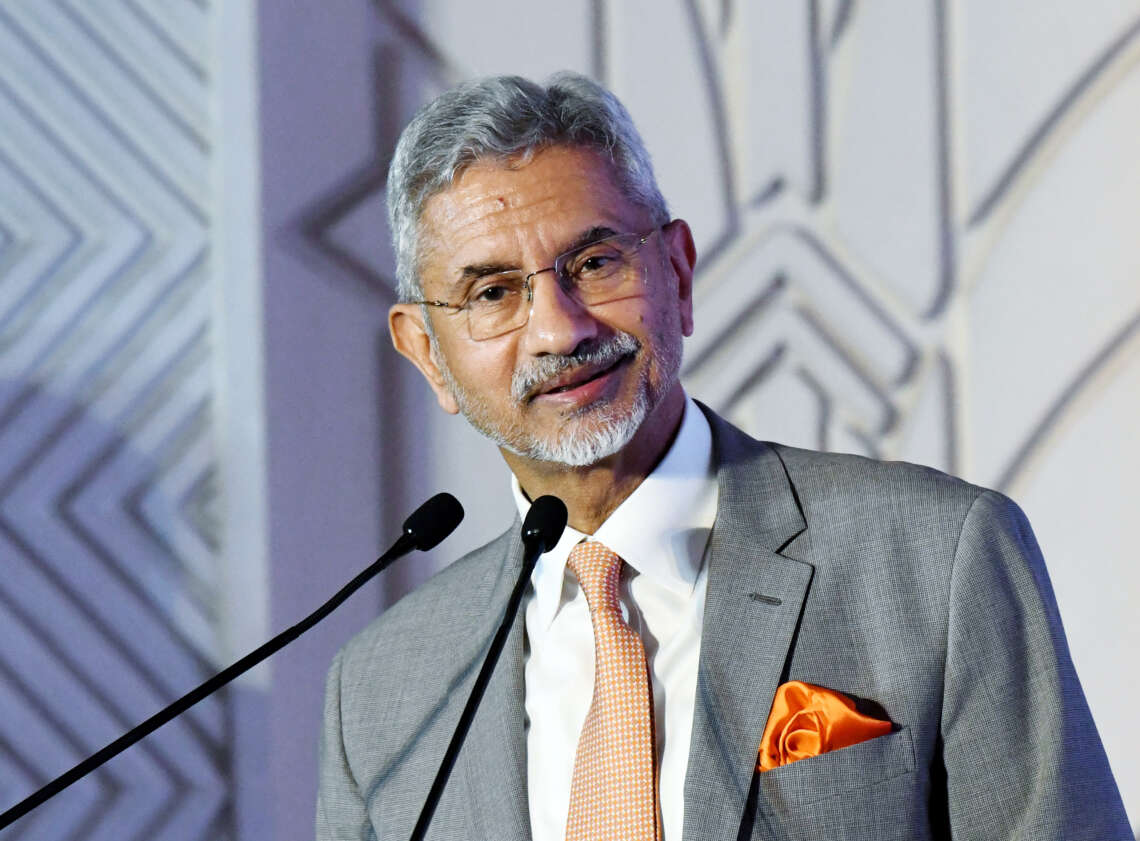Pakistan’s Ministry of Water Resources has reportedly written a letter to New Delhi to resume the flow of rivers into its territory under the Indus Waters Treaty…reports Asian Lite News
Just days after reaching an understanding with Pakistan—following the Indian Armed Forces’ operation that left Pakistan’s defence and military apparatus in disarray—Islamabad has reportedly sent a letter to New Delhi, urging it to reconsider its decision to suspend the Indus Waters Treaty.
Pakistan’s Ministry of Water Resources has reportedly written a letter to New Delhi to resume the flow of rivers into its territory under the Indus Waters Treaty, media reports have claimed.
The Indus Waters Treaty is a pivotal water-sharing accord that has endured for more than six decades.
The plea comes after India halted the 1960 agreement in the wake of yet another Pakistan-backed terrorist attack, this time in Jammu and Kashmir’s Pahalgam on April 22, which left 26 civilians dead, mostly tourists.
India, invoking its national security prerogative, has placed the treaty in abeyance until Islamabad “credibly and irrevocably” ends its support for terrorism.

The move was endorsed by the Cabinet Committee on Security (CCS), the apex decision-making body on strategic affairs, marking the first time New Delhi has hit pause on the World Bank-brokered agreement.
In a letter sent to India’s Ministry of External Affairs, the Pakistani Ministry warned that suspending the treaty would trigger a crisis within the country.
Prime Minister Narendra Modi, in his first address since Operation Sindoor, underlined the government’s uncompromising position.
“Water and blood cannot flow together,” he declared.
“Terror and talks cannot happen at the same time. Terror and trade cannot happen simultaneously.”
However, Indian officials have dismissed these concerns, pointing to Pakistan’s longstanding use of terrorism as a state policy.
The treaty allocates three western rivers, Indus, Jhelum, and Chenab, to Pakistan, while the eastern rivers – Sutlej, Beas, and Ravi, remain with India.
India has now announced a three-tier strategy — short-term, mid-term, and long-term to prevent any flow of Indus waters into Pakistan.
Union Jal Shakti Minister C.R. Paatil said that steps are being taken to ensure not a single drop of water is allowed to leave Indian territory unutilised.
India’s Foreign Ministry Spokesperson Randhir Jaiswal reinforced the government’s stance, saying, “The Indus Waters Treaty was founded on goodwill and friendship. Pakistan has trampled on these values by supporting cross-border terrorism for decades.”
The strong response follows Operation Sindoor, a swift military campaign launched after the Pahalgam attack, which resulted in a brief ceasefire agreement. But New Delhi has made it clear: dialogue with Islamabad will now be limited to one agenda — ending terrorism and ensuring the return of Pakistan-Occupied Kashmir.
As per the 1960 treaty, India got around 30 per cent of the total water carried by the Indus River System located in India, while Pakistan got the remaining 70 per cent.
With the Indus Waters Treaty suspended, the Narendra Modi government is expected to take major steps toward completing the stalled hydroelectric projects.
A key meeting is likely to be held this week with Home Minister Amit Shah, along with Water Resources Minister Paatil, Power Minister Manohar Lal Khattar, Agriculture Minister Shivraj Singh Chouhan, and senior officials from all related Ministries. Since the suspension of the Indus Waters Treaty, two meetings have already taken place between Amit Shah, Paatil, and top officials of the Ministry.














